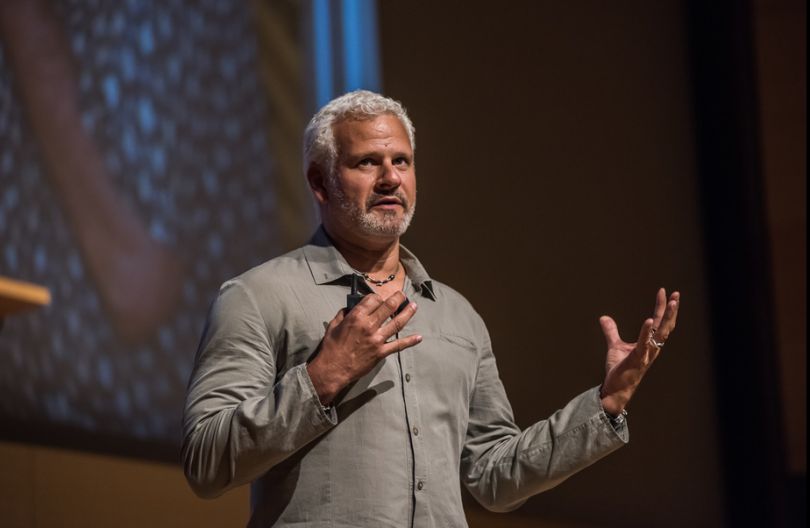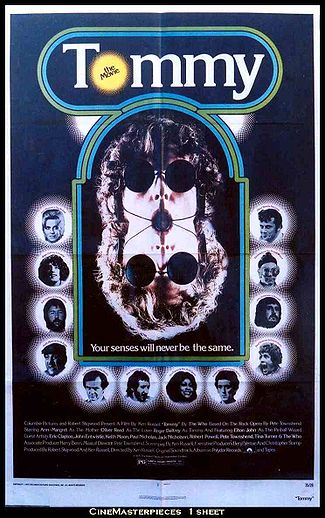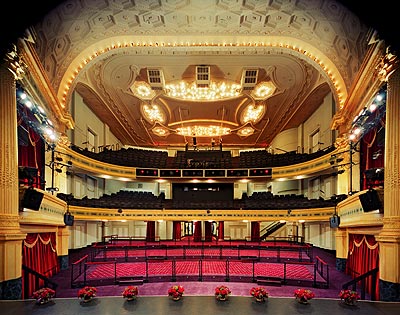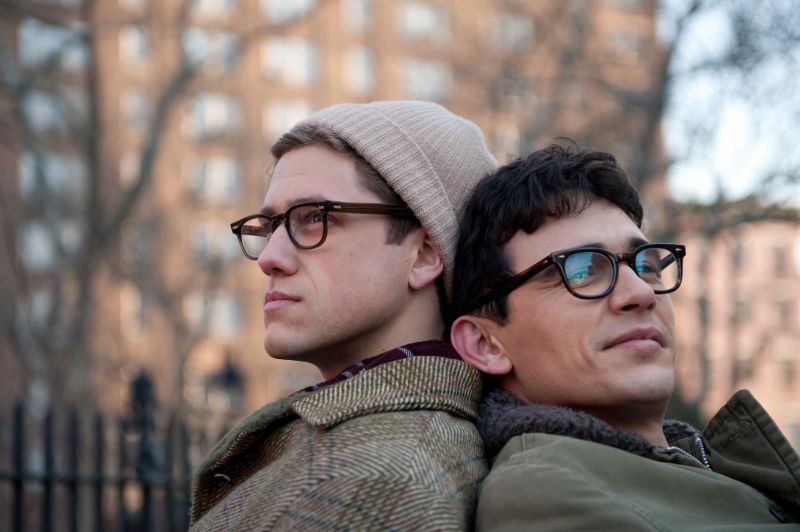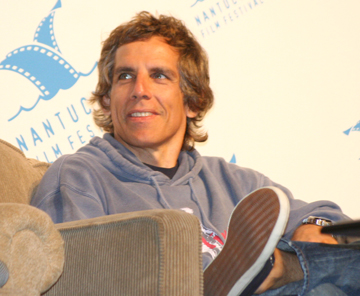|
|
||
|
Pro Tools
FILMFESTIVALS | 24/7 world wide coverageWelcome ! Enjoy the best of both worlds: Film & Festival News, exploring the best of the film festivals community. Launched in 1995, relentlessly connecting films to festivals, documenting and promoting festivals worldwide. Working on an upgrade soon. For collaboration, editorial contributions, or publicity, please send us an email here. User login |
Games for Change, Games for Health
A video game a day keeps the doctor away. Maybe not yet, but as the Games for Change Festival highlighted during its June 23-24 run at The New School’s Parsons School of Design, growing numbers of games are being designed as Rx for the body and mind. Play, it seems, is a serious matter. For its 13th edition, G4C featured a strand probing the impact games can have on health and neuroscience. Many of the mavens who were invited to speak waxed enthusiastic about the potential of gaming technology to track and enhance our wellbeing. “We’re harnessing plasticity,” declared Dr. Adam Gazzaley, founder of the Neuroscience Imaging Center and innovation hub GazzaleyLab at the University of California, San Francisco. He and his colleagues are exploring how immersive games can tap into the brain’s capacity to change in response to stimuli, in turn boosting cognitive function. The starter in their kit is a 3D video game called NeuroRacer that requires players to zap road signs while navigating a track. In a closed feedback loop, the game charts players’ brainwaves to control how fast the car goes: the longer they focus, the more they can ramp up. Jointly developed with LucasArts Entertainment, the interactive game has been shown to augment attention and memory, Gazzaley reported. Senior citizens who played three times a week logged a dramatic improvement in multi-tasking that continued for as long as six months. An updated version has been tested for players with attention deficit disorder. It stands to be “the first-ever prescribeable game,” said the cognitive neuroscientist, explaining that the patent awaits FDA approval as a medical device in the treatment of ADHD. The excitement surrounding NeuroRacer led Gazzaley and his team to come up with a new suite of games. Together with Apple, they created an app to monitor cognitive function in real time. There’s also Body-Brain Trainer, which combines physical and cognitive exercise, and Rhythmicity, a vibey game linking rhythm and brain function codeveloped with former Grateful Dead drummer Mickey Hart. Gazzaley thinks such games can be used for brain conditions including autism, post-traumatic stress disorder, depression and Alzheimer’s. Clinical trials are underway for these projects, all of which have come about through private sector and other partnerships to pool resources and ensure scale. Full story here: http://www.thalo.com/articles/view/1241/games_for_change_games_for_health 29.06.2016 | Laura Blum's blog Cat. : Adam Gazzaley Ambiance Games for Change Festival The New School’s Parsons School of Design video games
|
LinksThe Bulletin Board > The Bulletin Board Blog Following News Interview with EFM (Berlin) Director
Interview with IFTA Chairman (AFM)
Interview with Cannes Marche du Film Director
Filmfestivals.com dailies live coverage from > Live from India
Useful links for the indies: > Big files transfer
+ SUBSCRIBE to the weekly Newsletter Deals+ Special offers and discounts from filmfestivals.com Selected fun offers
> Bonus Casino
User imagesAbout Laura BlumThe EditorUser contributions |


















